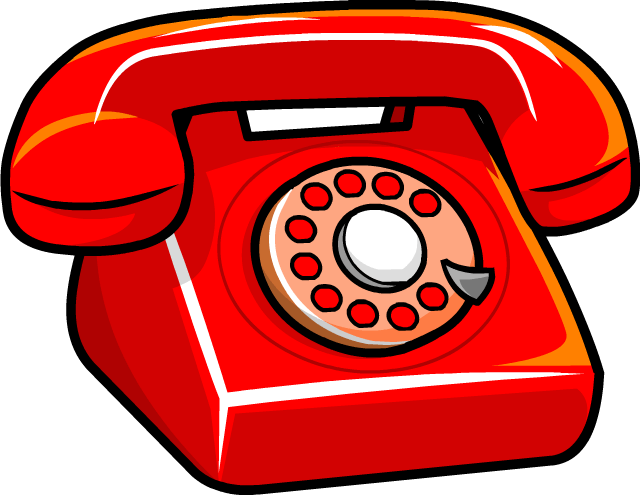Most of us have a number of home appliances that are great time savers, but they can consume a lot of energy, and this drives up your monthly bills. Although it isn’t possible to eliminate the energy consumption completely, it is possible to reduce the amount of energy consumed. In this article, we will look at four common home appliances and how you can save energy using those devices.
- The Dishwasher
A dishwasher doesn’t use too much energy, but it will consume a large volume of water on every cycle. The best way to use a dishwasher is to get the most out of each and every cycle. Always ensure that the dishwasher if full and that you don’t use the hottest water temperature. If you switch to an energy efficient model you will use less energy and water when the dishwasher is running.
- The Refrigerator
The refrigerator consumes energy 24/7 because it needs to be kept on to keep our food fresh. But, many people keep their refrigerator at a temperature that’s far too cold, and every extra degree consumes more energy than necessary. The acceptable temperature range for a refrigerator should be 32ºF-40ªF to keep your food in great shape. It’s also a great idea to fill your fridge with as much food as you can to reduce the energy consumed. The second law of thermodynamics comes into play here, the less empty space in your refrigerator, the less energy consumed to keep the space cool. If your refrigerator is never full enough, you may consider a switch to a smaller unit to save money on your next energy bill.
- The Cooktop or Oven
An electric cooktop and/or oven is a great way to cook your meals, but if you cook at home regularly, they can consume a great deal of energy. This is particularly wasteful if you’re only preparing smaller meals and saving energy should be a priority. If you need to boil water, use the kettle instead, and then transfer the boiled water to the pan. Only ever use as much water as you need to reduce the boiling time and always cover your pans to speed up the cooking process. When you use the oven, keep the door shut as much as possible to retain the heat inside for cooking. If you’re only reheating a small meal, it’s a good idea to use a microwave oven instead because it’s far more energy efficient. Another good alternative to a cooktop is to use an induction hob that can quickly heat your pans to the optimal cooking heat safely.
- The Washer
A washer is used heavily in most homes, it uses a great deal of energy and water, but there are ways to reduce the energy used. Wash clothes in cold water and use a water saving washing mode if you have one on your machine. Keep the lint trap clean to make the machine more energy efficient and reduce the chance of a failure. Try to use shorter washing cycles to see if they work well with your clothes and dry naturally when possible. Always wash a full load to make the most use of the energy and water that will be consumed. If you have to do a partial load of laundry, make sure to use the correct setting on your machine. Switching to a modern, efficient washing machine will also save water and consume less energy to keep your clothes clean.
If you’re considering new energy efficient appliances, you can explore your options with our online collection, or our team of home appliance experts can provide further guidance.




